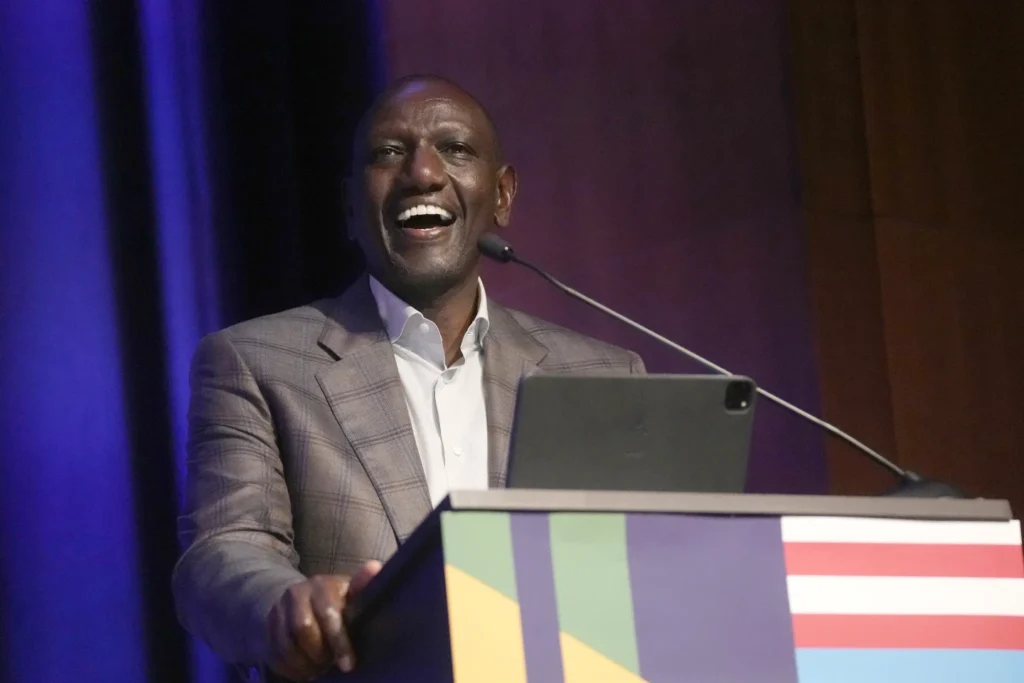Kenya’s President, William Ruto, has adamantly declared his East African nation as “out of the danger of over-indebtedness,” during a public ceremony marking the 60th anniversary of its independence from British rule. The president’s confidence in his economic policy comes despite public displeasure over recent tax increases and subsidy reductions.
Kenya, with a population of 53 million, stands as an economic powerhouse in East Africa. The President, in his statement made in Nairobi, assured that his administration had made “the right choices,” often wrestling with “very difficult and painful decisions” to successfully navigate the nation from the precipice of severe indebtedness whilst charting a fresh course for the country.
Ruto refrained from disclosing the current figures on the country’s public debt but emphasised that the gross domestic product (GDP) of the country had witnessed a growth rate of 5.4% in the earlier half of the year.
However, the Kenyan economy, like many worldwide, has not been immune to the challenges of the COVID-19 pandemic, the destabilising ripples of the Ukraine war, and a historic drought disturbing the Horn of Africa. These adversities have left substantial financial pressure on the nation, cultivating a climate of rocketing inflation and causing a significant drop in the value of the Kenyan Shilling.
According to the country’s Treasury, at the close of this year’s second quarter, the public debt of Kenya was forecasted to be over 10,100 billion shillings (approximately 64.4 billion euros). This translates to around two-thirds of Kenya’s gross domestic product. Further economic pressure comes as the cost of servicing this public debt soars, linked to the declining strength of the Kenyan currency. On the horizon, Kenya is scheduled to repay $2 billion in Eurobonds in June 2024, a substantial sum in the current economic climate.
Upon his election in August 2022, President Ruto launched a series of new taxes as part of his strategy to stabilise the nation’s economy. In contrast, these financial measures were in stark divergence from his electoral promises, leading to opposition protests that took place between March and July of this year. These often-violent demonstrations tragically resulted in numerous fatalities.
Simultaneously, the Head of State implemented cuts to subsidies, notably those related to petrol, a move initiated by his predecessor President Uhuru Kenyatta. Ruto argued that it was more beneficial to the nation’s economy to fund production rather than consumption.
Despite the frictions and challenges experienced domestically and globally, President Ruto remains steadfast in his fiscal strategy and commitment, maintaining that Kenya’s economy is off the threat of escalated indebtedness, and is on a newly carved path towards fiscal sustainability and growth. Only time will tell if these measures will prove successful in realising these bold proclamations.

Photo Credit: AP Photo, Jeff Chiu





